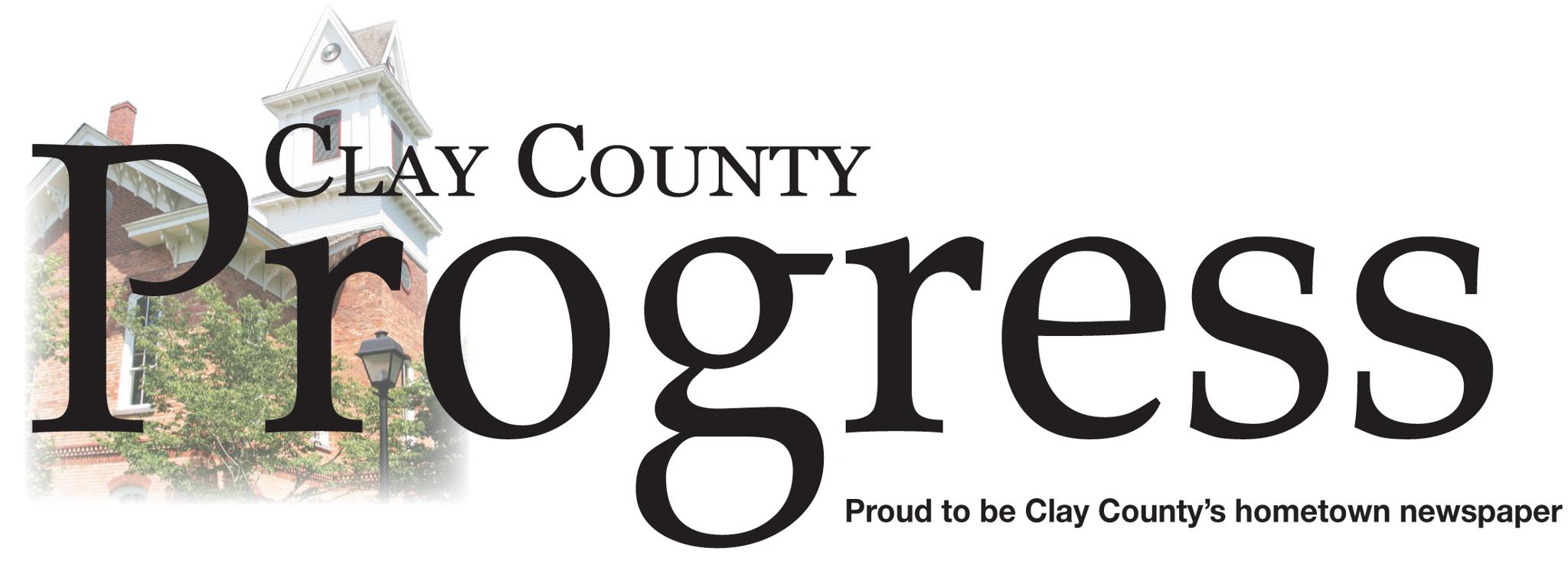Jill Pertler
Columnist
Merriam Webster Definition: “Sympathetic consciousness of others’ distress together with a desire to alleviate it.”
Previously, I’ve postulated an idea related to the vastness of life’s purpose — an idea so wide-reaching it can be summed up in seven words. Can a mere seven words help us establish a focus on the meaning of life? Perhaps.
In fact, I’m willing to bet on it. Because I’ve come to believe that life is much more simple than it is complicated.
Seven words might actually be superfluous. We could probably do with less. Let’s stick with them anyway; seven is a nice round number.
The first word — the subject of last week’s column — was kindness. This week, I focus on compassion: the act of understanding and identifying with the sorrows of other people, while at the same time wanting to ease them. It’s a desire to help those who are suffering. It’s needing to help someone who needs help.
The world today could benefit from more compassion.
We live in a me-focused society. What do I have? What more do I want? Why am I happy or — more importantly — unhappy? What more can the universe deliver to me?
If not the universe, how about Amazon?
It’s too often all about me, instead of you or them or more importantly, we.
Our decidedly inward focus causes us to tune out the needs of others. This disregards the innate connection we do and should have with people standing behind us in line at the grocery store, with people on our block, in our country and on the planet.
Because here’s a fact that’s easy to forget in our me-focused — what kind of car is parked in my garage — culture: we are all connected.
This may have been more obvious when we lived in a world that was, on the surface, less connected — one lacking social media, cell phones, the Internet and technology in general. Remember when calling “long distance” used to cost money? It’s almost contradictory to think the inventions created to connect us may be serving the very opposite purpose.
Now, more than ever before, we live disconnected lives. It may be weeks, or months or longer since we’ve chatted over the fence with neighbors or even extended family. Often our conversations aren’t face-to-face or even voice-to-voice. People meet, date and break up without ever actually talking to one another in person.
Whether we realize it or not, we are living much of life alone, disconnected. If we are distanced from one other — physically, psychologically or emotionally — we lack a connection and that leads to a lack of understanding, caring and compassion. For each other. From each other. Now more than ever before. Did 2020 teach us nothing?
To believe we are on this journey on our own is missing more than half the point. We aren’t in this alone; we are in this together. To make that work takes caring for one another. It takes compassion.
Life is hard, I get that. That’s the point. Identifying with others — empathizing with their pain or their passion — is key to the connectivity we are all supposed to share.
What if you could count on others to look out for you just as much as you look out for yourself? Wouldn’t that lead to empowerment and freedom? What if we were all in this together, for real?
Life is hard. It is so much harder alone. Without compassion, we have nothing but ourselves and that is not anything near what it is like — what it can be like and should be like — to be part of something much bigger and grander and better than just me: To be a part of we. Compassion makes that possible.
No, compassion makes that a reality.
Jill Pertler is an award-winning syndicated columnist, published playwright, author and member of the National Society of Newspaper Columnists. Don’t miss a slice; follow the Slices of Life page on Facebook.
